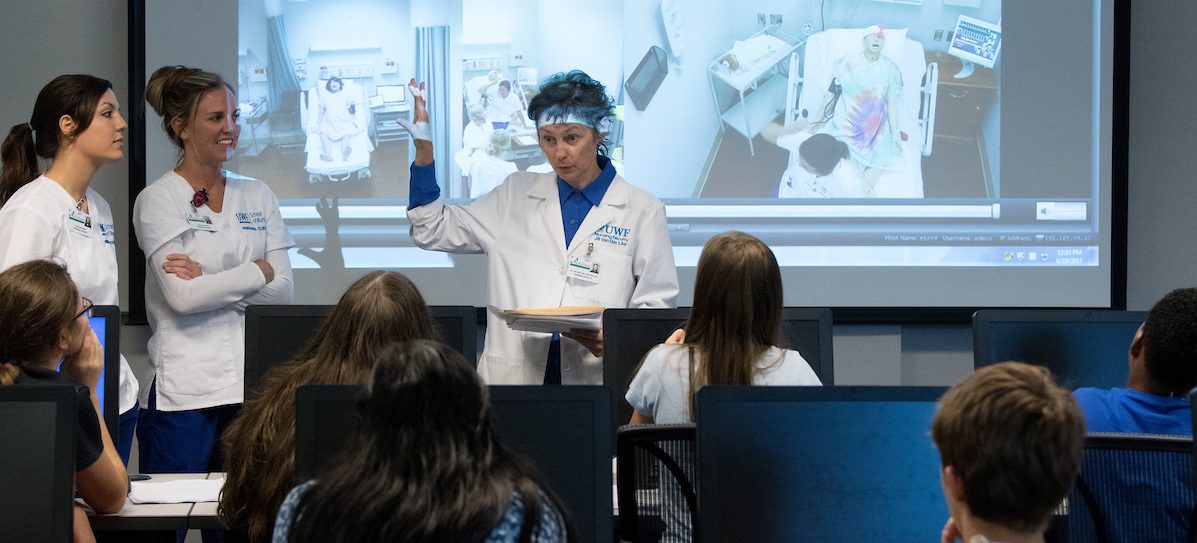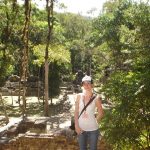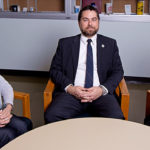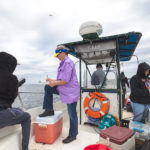UWF Camp Teaches Students About Health-Related Careers
Pensacola – A room of 24 middle- and high-school students listened as an adult relayed the details of a simulated bus crash. Then, students divided into five teams to solve the mystery of how the pretend accident occurred.

The students role-playing for the game were participating in a five-day summer camp at the University of West Florida. The camp is called CRASH, which stands for “Careers Revolving Around Science and Health.”
The camp is put together to introduce students to professions associated with the health-related programs within the Usha Kundu, MD, College of Health. As participants did activities or listened to presentations by faculty, they had a chance to develop a deep understanding of the role of numerous health-related professions.
“CRASH Camp is in its second year, and it originated as a collective project from representatives in each unit in the College of Health,” said Dr. John Todorovich, professor of exercise science and community health, who coordinated the camp. “In particular, we were interested in providing students who are interested in health-related professions with an exciting and meaningful opportunity to interact with the faculty in the college and to learn about different health professions.”
The hands-on structure of the camp followed the guidelines of high-impact learning, which is designed to engage students directly rather than have them learn from traditionally listen-to lecture sessions.
“It was so cool when we went to the nursing simulation lab. Nurses really do a lot more than I ever knew about, and the atmosphere is extremely high stress, too,” said Morgan Adams, 15, of Pace High School.
Adams wants to have a career as a pharmacist.
“Throughout the week, I learned the importance of medicine in treating different diseases,” she said.
In the simulation lab, nursing faculty, athletic training department faculty and UWF nursing students and athletic training students led campers through five rotations. They included several that featured high-tech medical mannequins. Everyone discussed the SBAR method of communication, which stands for “situation, background, assessment and recommendation.”
“A lot of things are happening at one time,” said Jaycie Coffey, 13, of Ferry Pass Middle School. “You have to focus and be observant.”
Besides playing the role of nurse, the students spent the week enacting numerous other health-related professions and simulating their duties while learning about the responsibilities of each position.
Rotations, which were associated with programs in the College of Health, included psychologists, medical lab technicians, exercise scientists, and healthcare administrators among others.
Each experience provided participants with clues relating to the cause of the simulated bus crash. On the last day of the camp, each camper contributed to a group presentation about a theory to explain exactly what caused the crash.
“I enjoyed the teamwork involved in trying to solve the case,” said Amanda Taylor, 13, a student at Escambia Virtual School. “We consulted about everything from what might have caused certain wounds to who was actually in the bus and who was in another vehicle involved in the crash. You really had to pay attention.”



